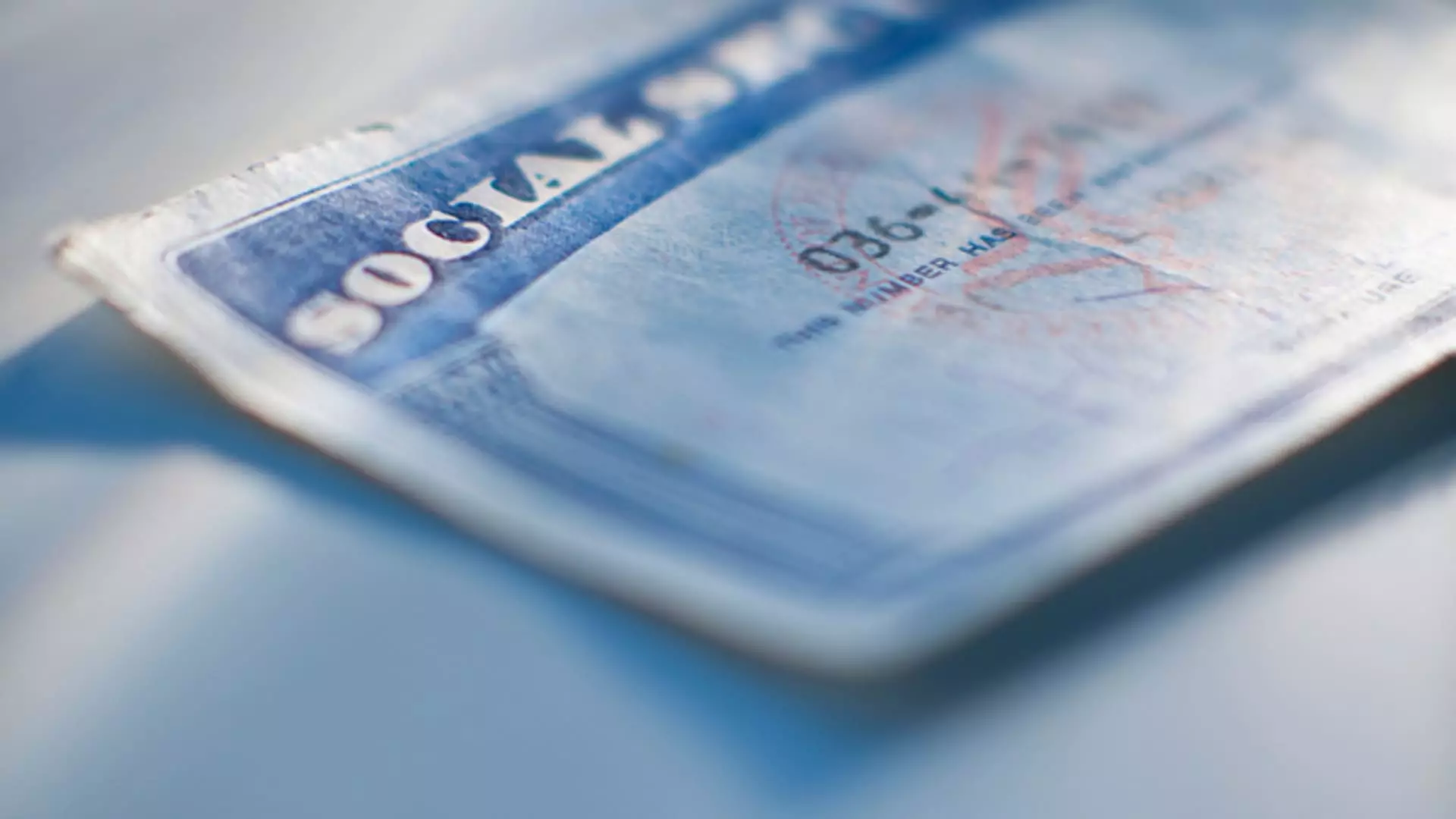The recent data breach at National Public Data, a background check company owned by Jerico Pictures Inc., has brought to light the exposure of personal information on an unprecedented scale. Reports suggest that over 2.7 billion personal records may have been leaked, with Social Security numbers, names, email addresses, phone numbers, and mailing addresses among the compromised data. The breach, which occurred in December and potentially continued through April and into the summer, was attributed to a third-party bad actor who gained unauthorized access to the company’s database. Despite the staggering numbers, National Public Data has remained relatively silent on the issue, failing to provide timely responses or updates regarding the breach.
As cybersecurity experts delve into the breached data, they have noted that not all the information exposed is accurate, and much of it was already accessible through other means. James E. Lee, the chief operating officer at Identity Theft Resource Center, pointed out that the data collected by National Public Data may be outdated and unreliable due to the company’s methods of data collection. This raises concerns about the accuracy of the information being used for background checks and other purposes, highlighting the potential risks associated with relying on such data sources.
The National Public Data breach serves as a stark reminder of the importance of safeguarding personal information in an era of increasing data breaches and cyber threats. In response to the breach, experts recommend taking proactive measures to protect one’s identity and sensitive data. One of the primary steps individuals can take is to freeze their credit with the three major credit bureaus – Equifax, Experian, and TransUnion. By implementing a credit freeze, individuals can prevent unauthorized access to their credit reports and reduce the risk of identity theft and fraud.
In addition to credit freezes, there are other security measures individuals can take to enhance their protection against identity theft and data breaches. Changing passwords regularly, using multi-factor authentication for online accounts, and avoiding sharing personal information over public networks are recommended practices to safeguard sensitive data. Furthermore, individuals may consider purchasing identity theft monitoring tools and dark web monitoring services to monitor suspicious activities and potential breaches involving their personal information. While these services come at a cost, they offer an added layer of security and peace of mind in an increasingly digital world.
From a legal perspective, individuals affected by data breaches such as the one at National Public Data may explore potential avenues for seeking restitution or damages. However, the likelihood of substantial financial compensation is often limited, as evidenced by previous cases where affected individuals received minimal payouts following large-scale data breaches. Proving tangible harm resulting from a specific data breach can be challenging, especially in light of the prevalence of such incidents in today’s digital landscape. Despite the challenges, legal organizations may pursue class action lawsuits to hold accountable entities responsible for data breaches and mitigate the impact on affected individuals.
The National Public Data data breach underscores the pervasive risks associated with the collection, storage, and dissemination of personal information in the digital age. It serves as a wake-up call for individuals to prioritize their data security and take proactive steps to safeguard their identities from potential threats and breaches. By staying informed, practicing good cybersecurity hygiene, and leveraging available protection services, individuals can navigate the complex landscape of data privacy and security with greater resilience and awareness.


Leave a Reply